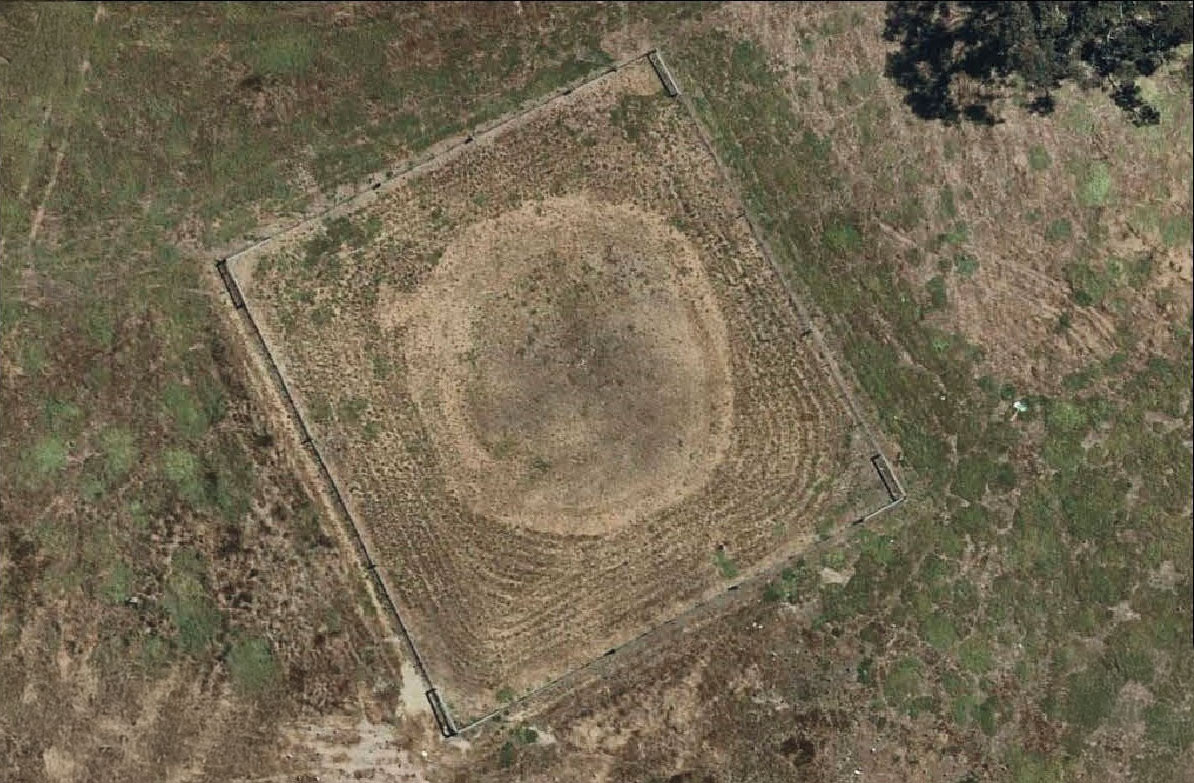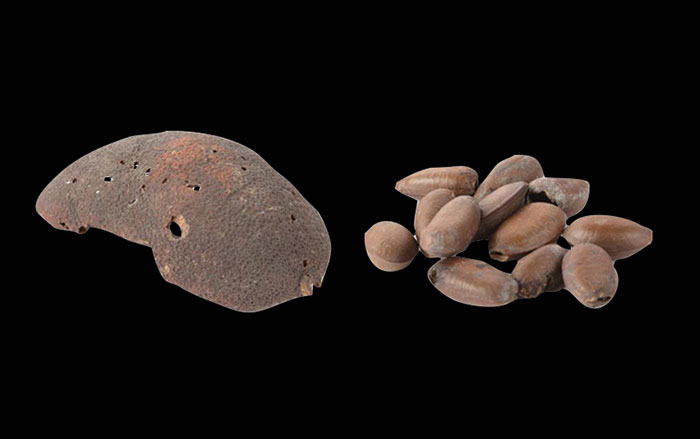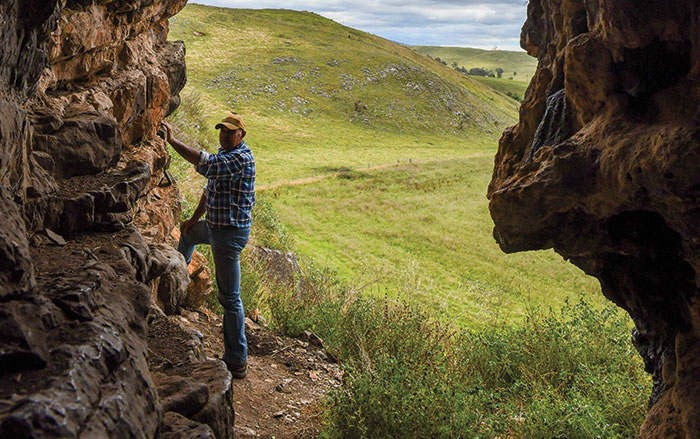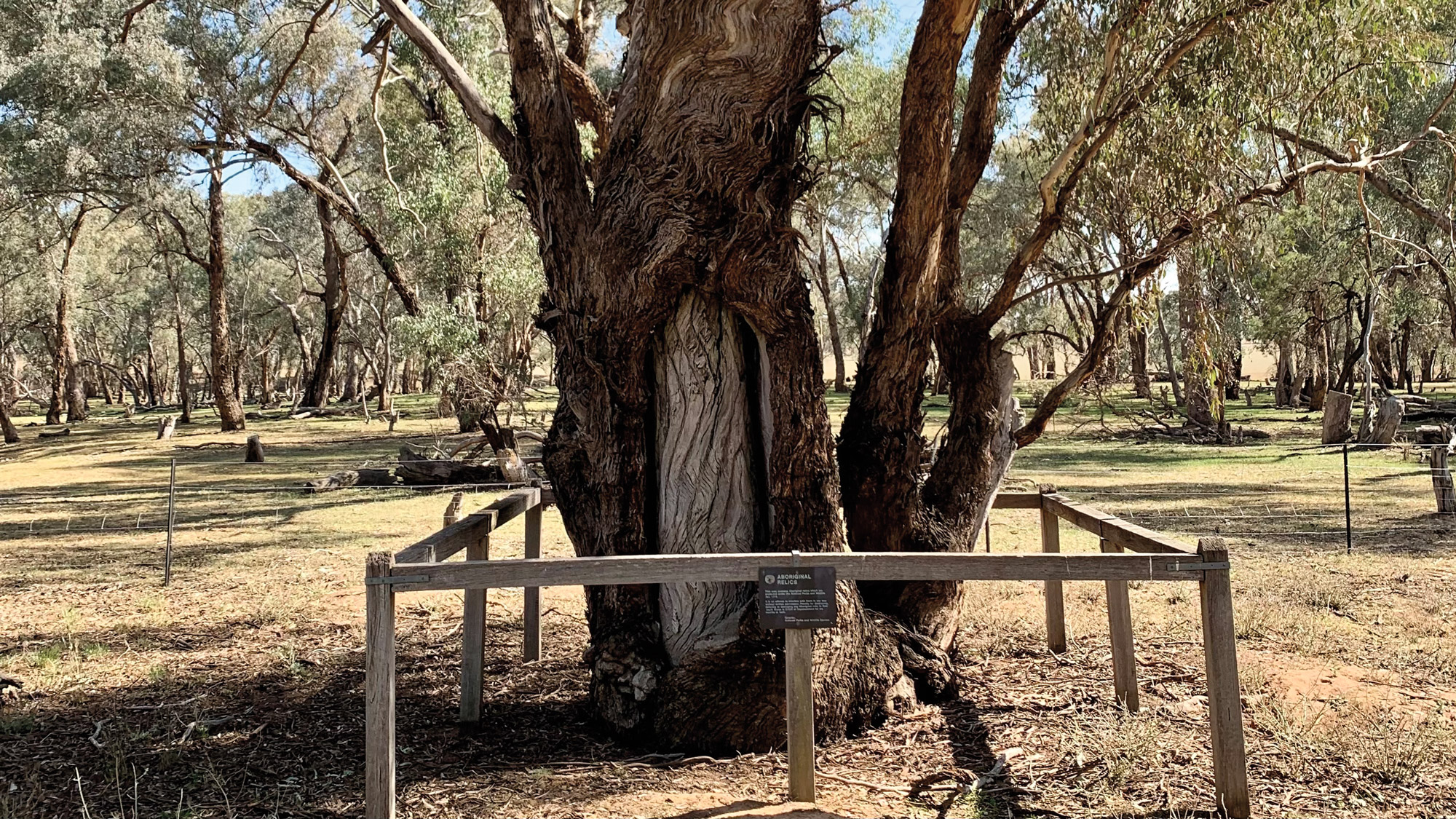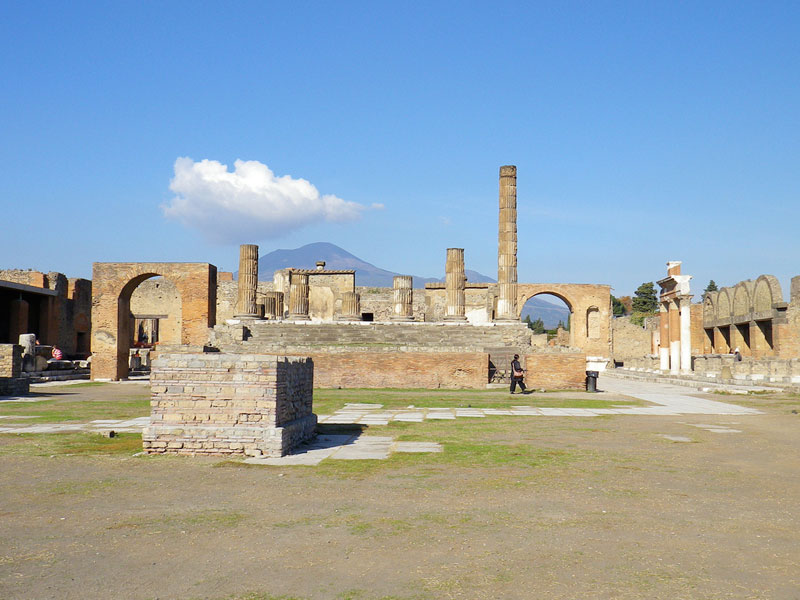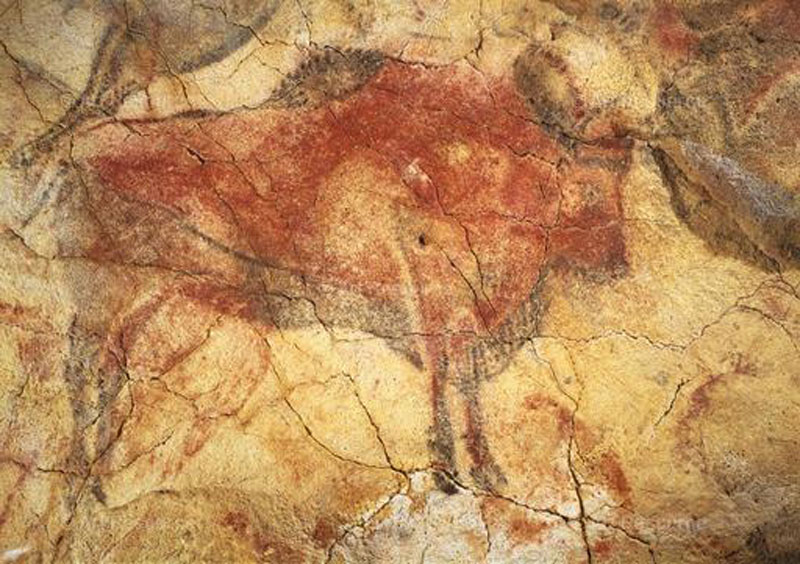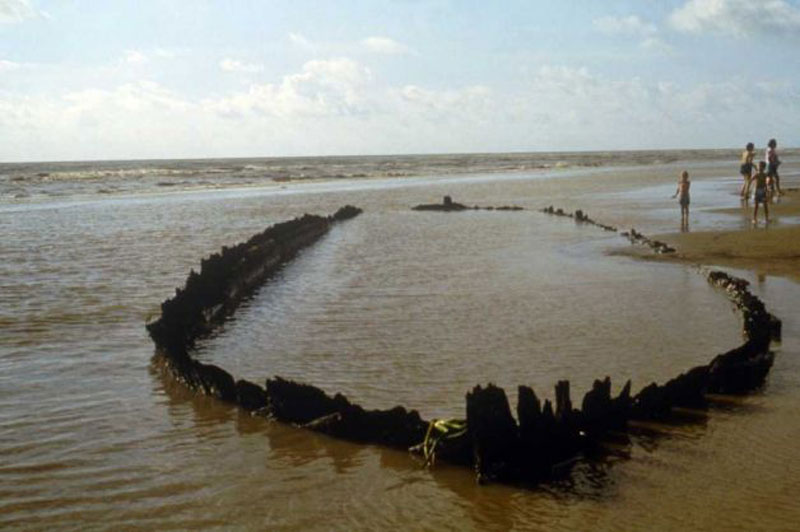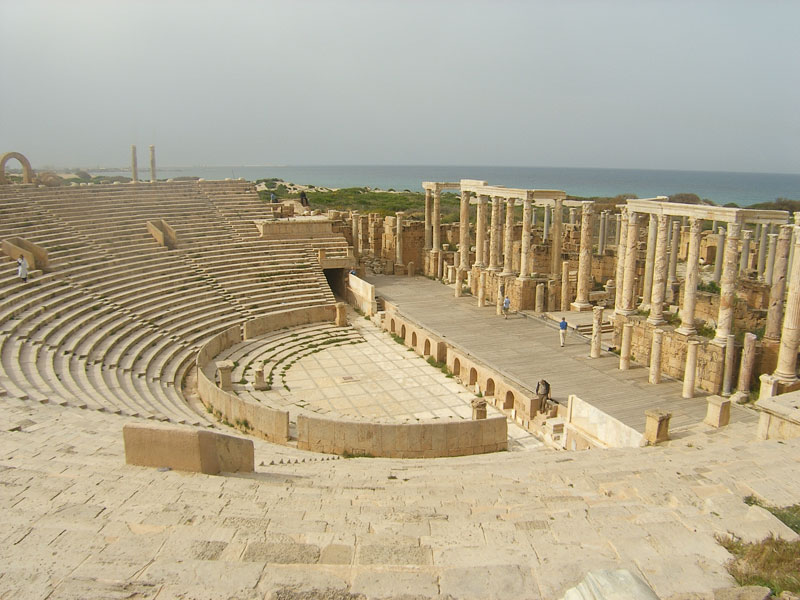
In the first half of the nineteenth century, 12,000 British female convicts were sent to the prison colony in Van Diemen's Land, now known as Tasmania. The island had a reputation for brutality, though the women, who were employed in sewing and textile production, had a variety of ways to subvert the colony's draconian rules, including obtaining alcohol and tobacco while in solitary confinement ("Australia's Shackled Pioneers," July/August, 2011). One of those rules forbade convicts, held in work camps called "factories," to have contact with their babies except for breastfeeding. But a recent find at the Ross Female Factory shows that they skirted that rule, and may have actively resisted separation from their children. In the prison's Nursery Ward, Eleanor Conlin Casella of the University of Manchester uncovered lead seals (above) that were attached to bolts of cloth, along with fragments of buttons and thimbles. These show that convicts were working with textiles in the nursery, and must have been allowed informal contact with their young children—at least until the children turned three, when they were transferred to a distant
orphan school.


